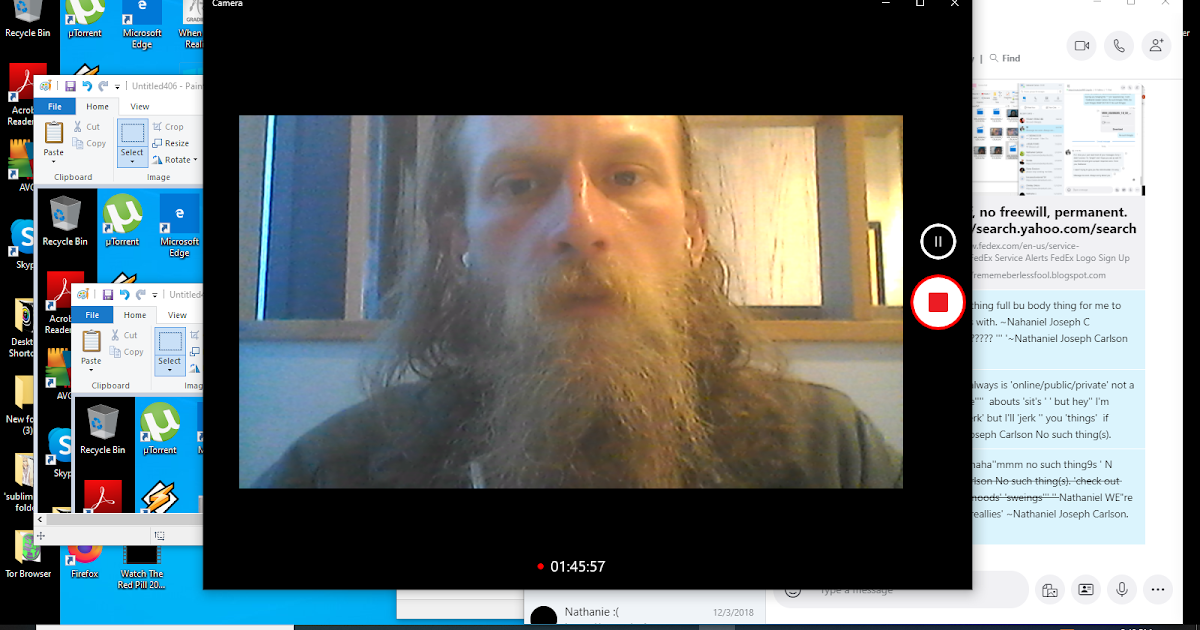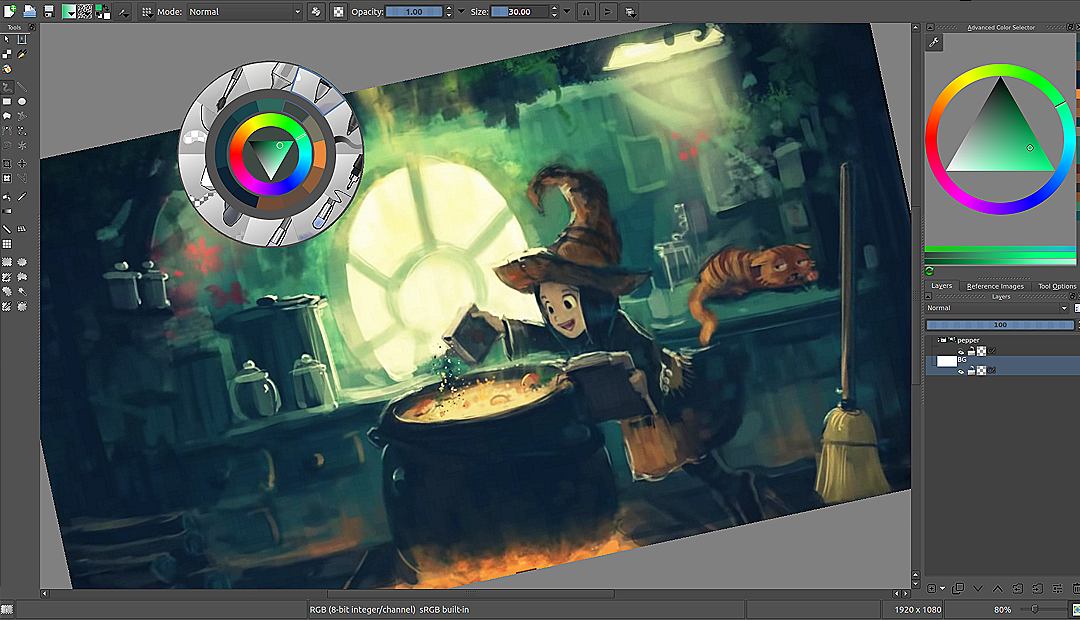

- #DOES KRITA UPDATE ON ITS OWN MAC OS#
- #DOES KRITA UPDATE ON ITS OWN INSTALL#
- #DOES KRITA UPDATE ON ITS OWN PATCH#
- #DOES KRITA UPDATE ON ITS OWN UPGRADE#
- #DOES KRITA UPDATE ON ITS OWN FULL#
As a temporary solution we have implemented a hot-fix that solves the problem. We have some idea of what is causing the problem, but it is a difficult bug to completely cure. Together with Dmitry, Boud and Beelzy we looked at what might be causing these issues.
#DOES KRITA UPDATE ON ITS OWN FULL#
You might see interruptions in your paint strokes, parts that are partially transparent or full blown missing rectangles. Some of you Mac + Krita users may be familiar with a bug that causes a lot of patches to appear on your screen. Several of these matters were about Krita bugs on Mac. Over the past weekend many people from all over the world came together at the Krita Institute to discuss all sorts of matters. This version should be available to you on the Krita 3.1 release.
#DOES KRITA UPDATE ON ITS OWN PATCH#
It might take a while for Qt to release my patch in any of their official releases, so therefore we have decided to apply the patch manually to a custom version of Qt we already ship with Krita. Whereas previously we had to disable Instant Preview to allow the user to still see canvas decorations and painting assistants, we can now offer both again. The result of this is that we can now fully support Krita's functionality on Mac OS. This allows people who explicitly request a modern OpenGL context to still use this useful QPainter class.

Over my Google Summer of Code period I have gone into the depths of Qt and upgraded their legacy OpenGL code to a modern variety. Unfortunately, it uses these illegal legacy functions. the perspective grid, vanishing point, ruler. This class is very useful for rendering our painting assistants e.g. Additionally, we use its QPainter class for drawing simple shapes, curves and lines. Krita is built on top of the Qt GUI framework, which we use for our whole user interface. This Core Profile also meant that all legacy functions would be illegal to use.
#DOES KRITA UPDATE ON ITS OWN MAC OS#
However, on Mac OS it forced us to switch to an OpenGL 3+ Core Profile in order to have access to these functions. Using these modern OpenGL functions didn't turn out to be a problem on Windows and Linux. In Krita 3.0 we introduced some mechanisms that required the use of modern OpenGL functions. Anyways, here is a little recap of what we achieved so far. I started a bit later due to my graduation, so therefore I will continue for two more weeks. The Google Summer of Code for Krita is officially over. Let me know down below whether this worked for you :) If you followed all the steps, you should now have a working Krita build. Krita has a couple of dependencies we can resolve automatically, this is why we have a b and d folder. This will create another folder called krita in our base installation directory, and it will contain the source code. In addition to Qt, Krita has several other dependencies that we can automatically resolve once we have the source code, so let's download that from Git.
#DOES KRITA UPDATE ON ITS OWN UPGRADE#
This is especially useful because Krita might upgrade Qt versions every so often, so you can easily rerun part of this tutorial to build with a different version of Qt.
#DOES KRITA UPDATE ON ITS OWN INSTALL#
We could install Qt directly into our Ubuntu, but sometimes it's better to have a contained portable installation.

Krita uses the Qt framework for its user interface.



 0 kommentar(er)
0 kommentar(er)
